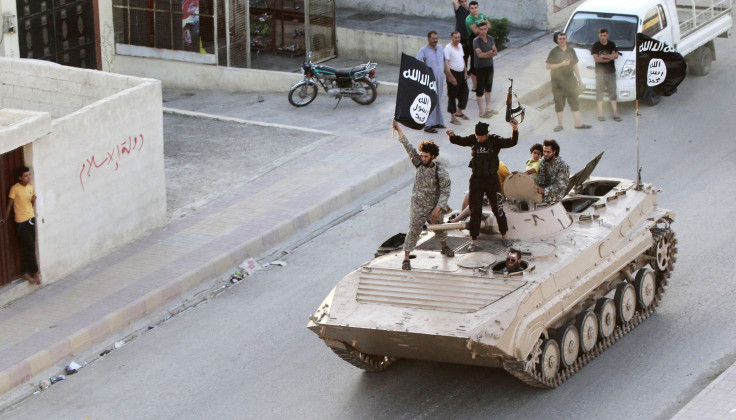Islamic State Iraq Battle: ISIS Bombs Yazidi Religious Site In Sinjar, Destroys Homes

Islamic State fighters attacked the Sinjar district in northern Iraq over the weekend, bombing a renowned religious site with improvised explosive devices and destroying civilian homes, according to media reports. The militants blew up Sinjar's ancient minaret located west of Mosul after filling it with a large amount of explosives.
“This morning ISIS militants bombed the Shingal minaret, which was the most historical heritage site in the city,” Isa Zeway, commander of the 4th Peshmerga brigade in Shingal, said, using another name for Sinjar. “Since the early morning, ISIS has begun bombing homes inside Shingal.”
Siyamend Hemo, a fighter in a local Sinjar defense militia, said the attack Sunday destroyed the minaret, considered one of the most important symbols of the city and a prominent archeological monument. The minaret dates back to the year A.D. 1127 and reached a height of 12 meters. It is considered a religious symbol for Yazidi Kurds. “The radicals also bombed more than seven houses belonging to the Yazidi minority in the same region,” Hemo told reporters.
ISIS has targeted Sinjar because of its predominantly Yazidi population. Residents have complained of murders, rapes and kidnappings.
The United Nations released a report last week concluding that ISIS fighters may have committed genocide in singling out Iraq's Yazidi minority. The Islamic State group “may have committed all three of the most serious international crimes -- namely, war crimes, crimes against humanity and genocide,” the United Nations human rights office said in a statement.
ISIS controls a swath of territory in Syria and northern Iraq. According to the U.N. report, the attacks appeared intended “to destroy the Yazidi as a group.”
Yazidis are considered to be devil worshippers by the Sunni Muslim militants. Their ancient religion has elements of Christianity, Islam and Zoroastrianism.
© Copyright IBTimes 2024. All rights reserved.





















